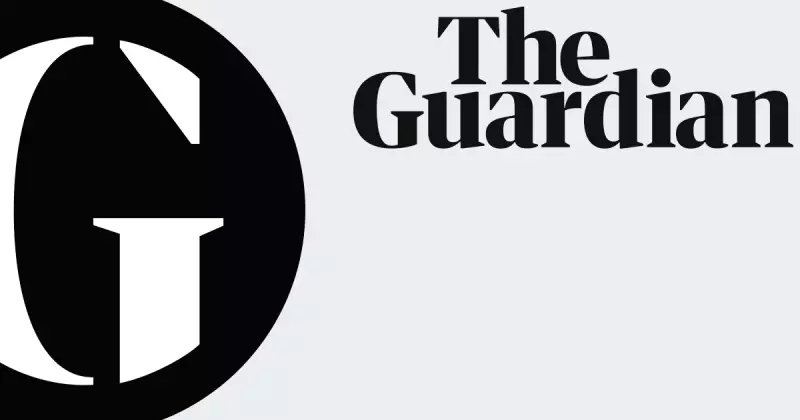
The search for the next Dalai Lama has become one of the most intriguing and politically charged spiritual quests of our time. As the current Dalai Lama, Tenzin Gyatso, advances in age, the question of his successor looms large, stirring debates that span religion, politics, and international diplomacy.
A Sacred Tradition Under Scrutiny
For centuries, the identification of the Dalai Lama has followed Tibetan Buddhist traditions, relying on signs, visions, and the reincarnation of the previous spiritual leader. However, this sacred process now faces unprecedented challenges.
China's Growing Influence
The Chinese government, which claims authority over Tibet, has asserted its right to approve the next Dalai Lama—a move that has sparked outrage among Tibetan exiles and Buddhist communities worldwide. Beijing's involvement threatens to politicise what has always been a deeply spiritual process.
The Geopolitical Stakes
The selection of the next Dalai Lama isn't just a religious matter—it's a geopolitical flashpoint. With tensions between China and the West continuing to rise, the succession could have far-reaching implications for:
- Tibetan autonomy
- Sino-Indian relations
- Global human rights discourse
- The future of Buddhism in China
A Race Against Time
As the current Dalai Lama approaches his 90s, pressure mounts to clarify the succession process. Some fear that without a clear plan, competing claims to the title could emerge, potentially splitting the Tibetan Buddhist community.
The world watches with bated breath as this ancient tradition navigates the complexities of the modern political landscape.





